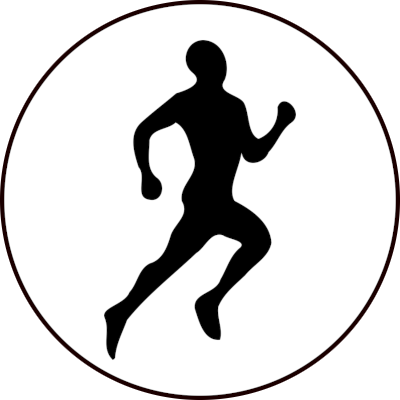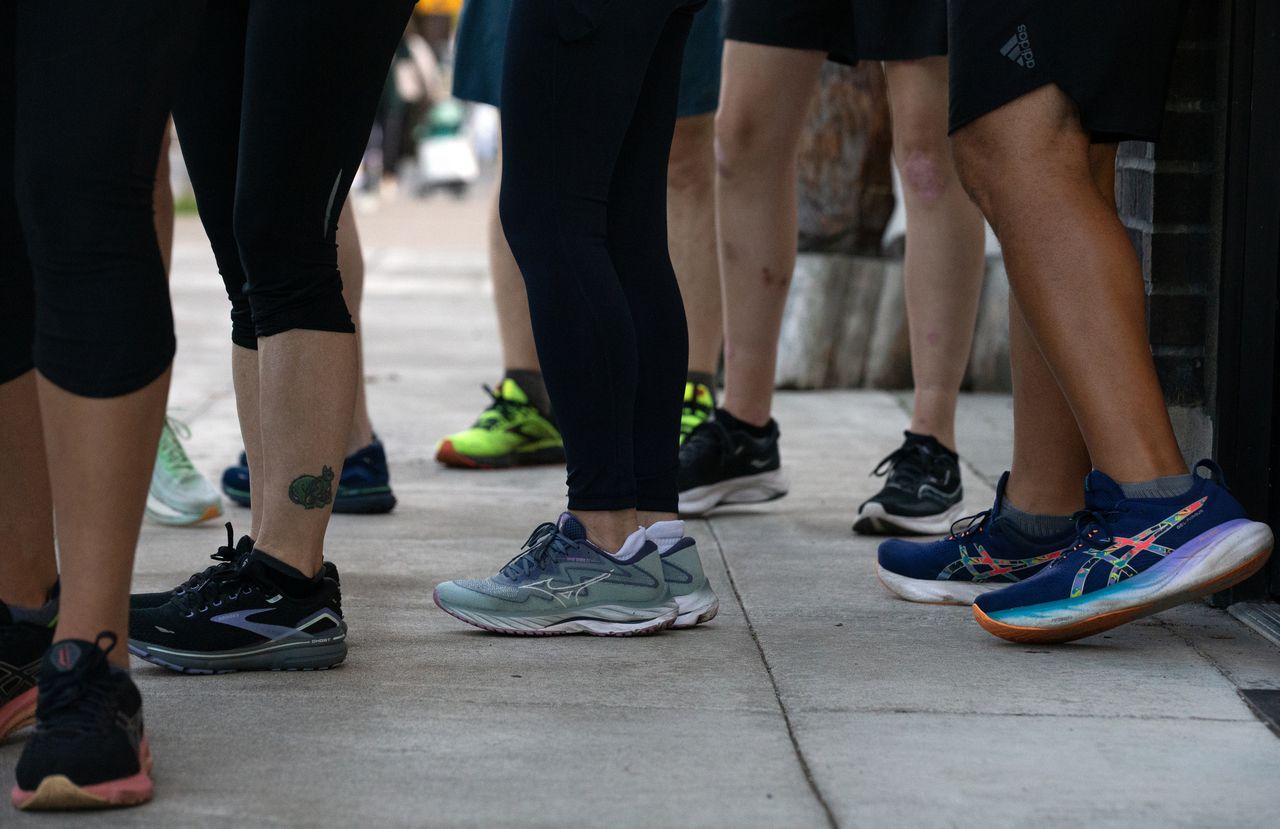For most folks, once they’re semi-regular runners, cost and turnover of shoes becomes a factor.
Running has an entire spectrum of needs, personally If Nike is shocked $75-$80(mid $50s after discount https://www.nike.com/w/mens-running-shoes-37v7jznik1zy7ok?sort=priceAsc) isn’t competitive with pricing for other brands (Asics and New Balance are easily had for mid-$30s on sale) then I have a bridge to sell them. I(with most people) are not training for Boston, and don’t want or need whatever bullshit is sold along with 2-20x the price tag for a pair of shoes to sweat in.
Feigning surprise their incredibly expensive pricing which pushed away the top of their marketing funnel impacts the middle and end of their funnel should be shame on their marketing and analytics team. That goes for any sport, their shit is overpriced and I couldn’t give a shit about their brand.



Hmmm maybe I should explore beyond Nike for my next shoes. I bought my current shoes from them because my previous ones lasted forever and were great. My current ones are also fine, though it took a long time for me to get used to them.
On that note, when do you all replace shoes? I’m relatively new to running and I’m used to using shoes until they fall apart, which may take years. Is that the strategy or are there other factors like the dampening that I should take into account?
I change shoes when there is a problem. I buy ahead when there are sales so I usually have the next pair already when it’s time to change but the most common reason I change is because there is a flat spot in the tread. If you get a blister it’s time to change shoes, if you’re not getting enough traction while running it’s time to change shoes, if you’re feet hurt more than normal for a few runs it’s time to change shoes. Also make sure you’re wearing good socks because they will help prevent issues and extend the life of your shoes and a little talc in your shoes will help them dry out faster which will extend the life of your shoes and help with odor.
I know a lot of people don’t seem to be fans of Nike, and I do notice many of them wear out faster than other brands. But the Pegasus has been a good workhorse for putting on miles, and I got them on sale as they were closing out the year’s models.
I’m also relatively new to running but I often came across the limit of 500 miles per shoe (and probably a little sooner if they start to hurt or something). So I have an app that pulls my runs over and I can pick which shoe I used, so it keeps a tally of how many miles they have left.
If you’re looking at other brands, Brooks, Hoka, and Saucony are pretty good ones to start with.
Most people recommend replacing shoes every 300-500 miles, but it really depends on the person. For example, a 200 lb person is going to put more stress on a shoe over 500 miles than a 100 lb person, so they should probably replace it sooner, all else being equal. Another thing to look for is if the carbon rubber outsole is starting to get worn, the softer midsole is probably trashed and not doing its job protecting your feet as well as it should.